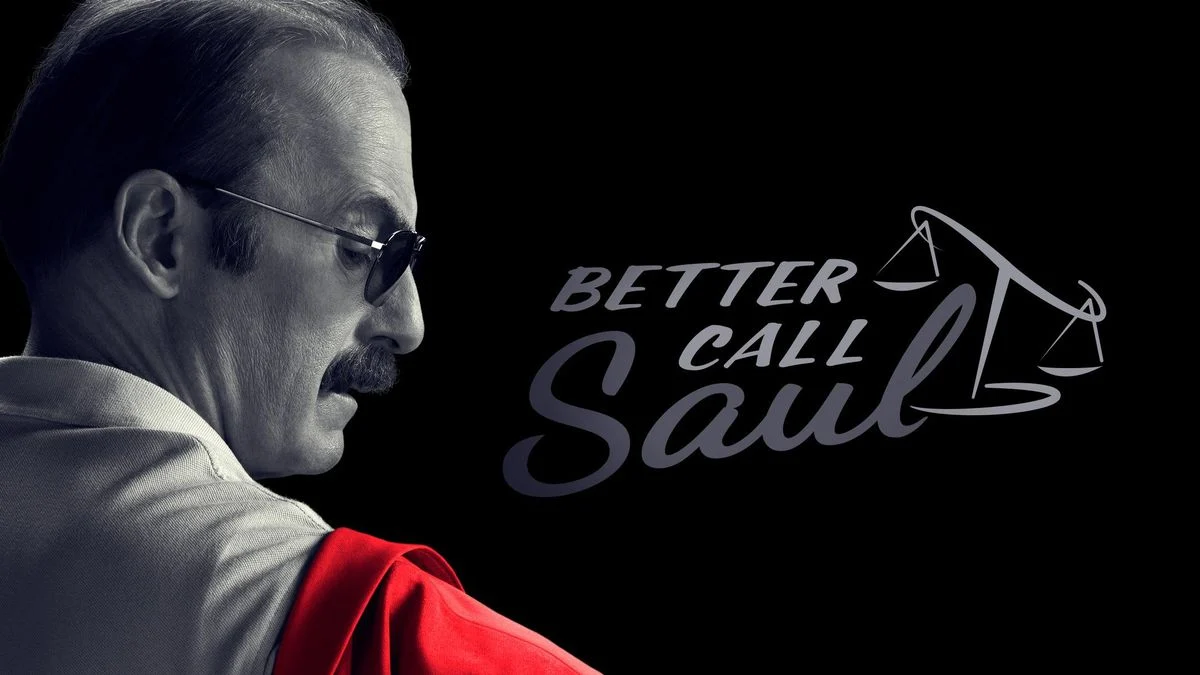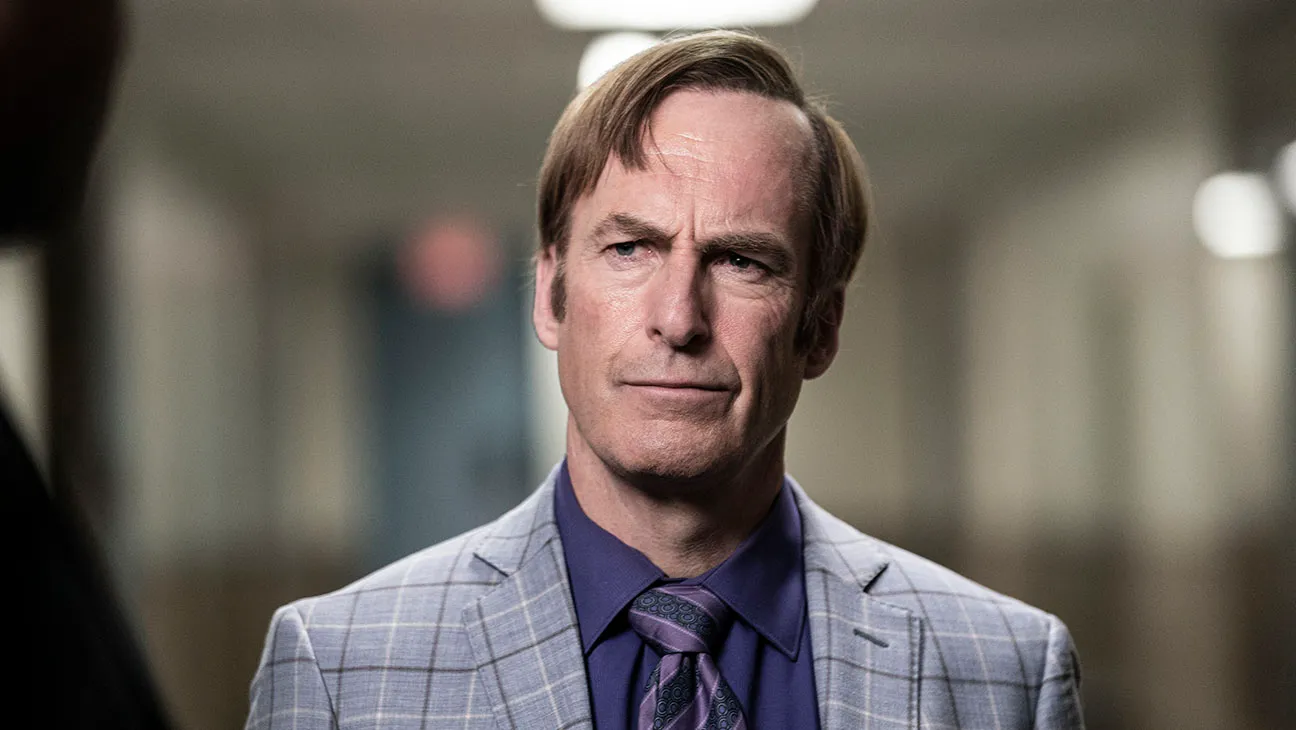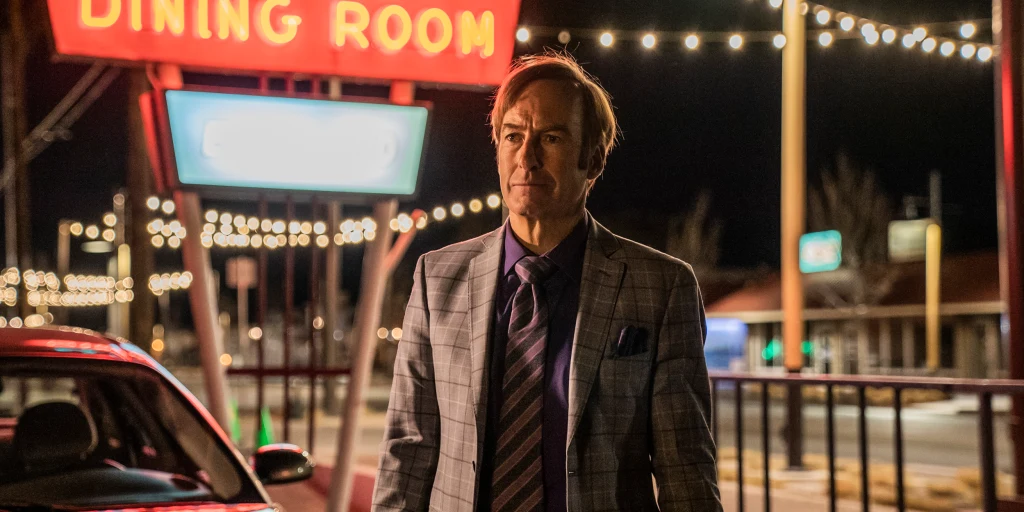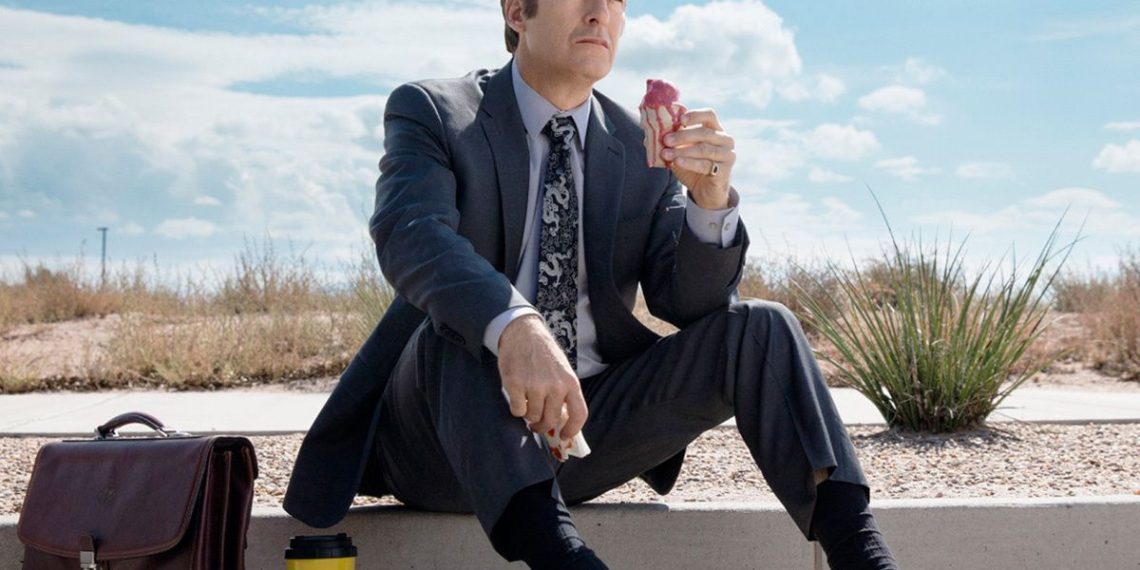In the closing moments of Better Call Saul‘s series finale, the title “Saul Gone” resonates deeply. It serves as a poignant conclusion to the seven-year journey of characters like Jimmy McGill and Kim Wexler. The finale ties up nearly all the burning questions raised throughout the prequel series, leaving one final mystery: What happens to Saul Goodman after the events of Breaking Bad? In the end, the fate of Saul/Gene Takovic is a bittersweet balance of his past actions catching up with him while maintaining his unyielding nature.
Better Call Saul Ending Explained
The idea of going back in time is a theme that threads throughout the final episode. This concept takes center stage in flashbacks where characters reflect on pivotal moments in their lives. For Saul, these moments of introspection emphasize his refusal to change, his path filled with personal flaws, and his struggles with identity. Despite the regrets and reflections of other characters like Mike and Walter White, Saul’s responses to these memories remain staunchly self-centered and resistant to any form of change.

In these flashbacks, Saul makes it clear that his road was his own to travel. Whether motivated by spite, greed, or the desire to show his worth, his actions were always driven by a personal agenda. This lack of empathy contrasted sharply with the more likable qualities of Jimmy McGill. While Saul’s selfishness and lack of compassion defined much of his actions, the vestiges of Jimmy remained in moments where he truly cared for others, notably Kim.
Gene’s Desperate Struggle
The show transitions to the present where Gene, now living a mundane life as a Cinnabon manager, finds himself pursued by the authorities. In his desperation, he contacts his former colleague, Bill Oakley, seeking a way out. This moment marks a turning point where fans might have expected redemption for Saul, but instead, the narrative doubles down on his trajectory toward self-destruction. The inclusion of Marie Schrader, grieving and angry over Hank’s death, adds weight to the finale, showing that even those connected to Saul’s past are still affected by his actions.
Gene’s encounter with Marie and the subsequent pursuit by the police further demonstrates his inability to escape his past. After a brief confrontation, he finds himself caught in a dumpster, leading to a moment of reflection. He contacts Bill Oakley again, this time to negotiate a plea deal that would implicate him in a range of crimes. However, despite his confession, Saul draws a line when it comes to Kim Wexler. His attempt to protect her, despite their fractured relationship, demonstrates the depth of his lingering care for her.
The Final Showdown in the Courtroom
The showdown takes place in a courtroom, where Saul’s fate is ultimately decided. Just as Breaking Bad ended with high-stakes action, Better Call Saul concludes with an intense legal battle, driven by words rather than violence. Saul’s decision to confess to his wrongdoings, including his role in various crimes, marks a turning point. Most notably, he absolves Kim from any involvement in Howard Hamlin’s death, sparing her from potential legal consequences.

Jimmy’s Emotional Confession
In a moment of vulnerability, Jimmy McGill, in a rare display of emotion, expresses regret over his role in his brother Chuck’s death. This is a significant moment, as it shows that, at his core, Jimmy was still grappling with guilt and remorse for the pain he caused. In that final courtroom scene, the hardened Saul Goodman fades into the background, and the true emotional core of the series shines through—Jimmy McGill’s final act of redemption.
The role of Kim Wexler throughout the series cannot be overstated. Her genuine desire to help others and her unwavering moral compass played a pivotal role in shaping Jimmy’s character. While Jimmy, motivated by greed, often found himself lost in the pursuit of personal gain, Kim’s influence kept him tethered to a sense of right and wrong. This contrast was most evident in the finale when Jimmy’s final act was not one of selfishness but of self-sacrifice for Kim.
The Inevitable Consequences of the Past
As the episode progresses, Jimmy McGill’s sentencing to 86 years in prison is a stark reminder that one cannot escape the consequences of their actions. However, the finale offers a sense of optimism, as Jimmy holds onto the possibility of redemption, even if it means serving time in prison. This is reflected in the final scene, where he shares a quiet moment with Kim, both of them reflecting on their past, their mistakes, and the possibility of a future together—albeit from different paths.
The significance of their final conversation cannot be understated. In the moments leading up to his sentencing, Jimmy and Kim share a smoke break, a symbolic gesture that harkens back to earlier moments in their relationship. While the fate of their future remains uncertain, this final exchange suggests that there is still some hope for their relationship, even in the face of overwhelming challenges.

A Complex Tale of Redemption and Consequences
At its core, Better Call Saul has always been about the complexities of identity, guilt, and redemption. Jimmy McGill’s evolution into Saul Goodman was marked by a series of choices that pushed him further away from the man he could have been. However, in the end, it was his love for Kim Wexler and his desire to protect her that ultimately led him to make the right choice. This moment of clarity, where he chose to absolve her and accept responsibility for his own actions, marked the true redemption of Jimmy McGill, the man who had always been trying to escape his past.
The Importance of the Final Scene
The finale also highlights the idea that we can’t change the past, but we can shape our future. Jimmy’s final moments with Kim reflect this notion, as they both seem to come to terms with the lives they’ve led and the paths they’ve chosen. While Jimmy may be locked away in prison, he holds onto a small glimmer of hope, suggesting that there may still be a way out for him—one that doesn’t involve slipping back into the old habits of Saul Goodman.
In the end, the story of Better Call Saul was never just about the rise and fall of a criminal lawyer. It was about the people who shaped him, the choices he made, and the consequences of those choices. The relationship between Jimmy and Kim, fraught with both love and pain, was the emotional backbone of the series. Their final moments together, while bittersweet, offered a sense of closure that was both satisfying and poignant.




